Sudan
The Mo Ibrahim Foundation (MIF) says there is no winner for the 2016 Ibrahim Prize for Achievement in African leadership.
This is the second year running that the Ibrahim Prize has not been awarded, according to the independent Prize Committee chairman, Dr Salim Ahmed Salim, due to the high standards and criteria the award holds.
‘‘As I emphasise each year, a very high bar was deliberately set when the Prize was launched in 2006. We recognise and applaud the important contributions that many African leaders have made to change their countries for the better.
‘‘But the Prize is intended to highlight and celebrate truly exceptional leadership, which is uncommon by its very definition. After careful consideration, the Committee has decided not to award the Prize in 2016,’‘ Dr Salim said.
Just as there is no winner for this year 2016, there were no winners for four previous years – 2009, 2010, 2012 and 2013.
The candidates for the Ibrahim Prize are chosen based on the following criteria:
- Former African executive head of state or government
- Left office in the last three calendar years (2014-2016).
- Democratically elected
- Served his/her constitutionally mandated term
- Demonstrated exceptional leadership.
Since the $5m prize was launched it has been awarded four times. The previous Laureates are:
- President Joaquim Chissano of Mozambique (2007).
- President Festus Mogae of Botswana (2008), and
- President Pedro Pires of Cabo Verde (2011)
- President Hifikepunye Pohamba of Namibia (2014)
Nelson Mandela was the inaugural Honorary Laureate in 2007. The prize money is spread over 10 years, with an additional $200,000 a year for life.
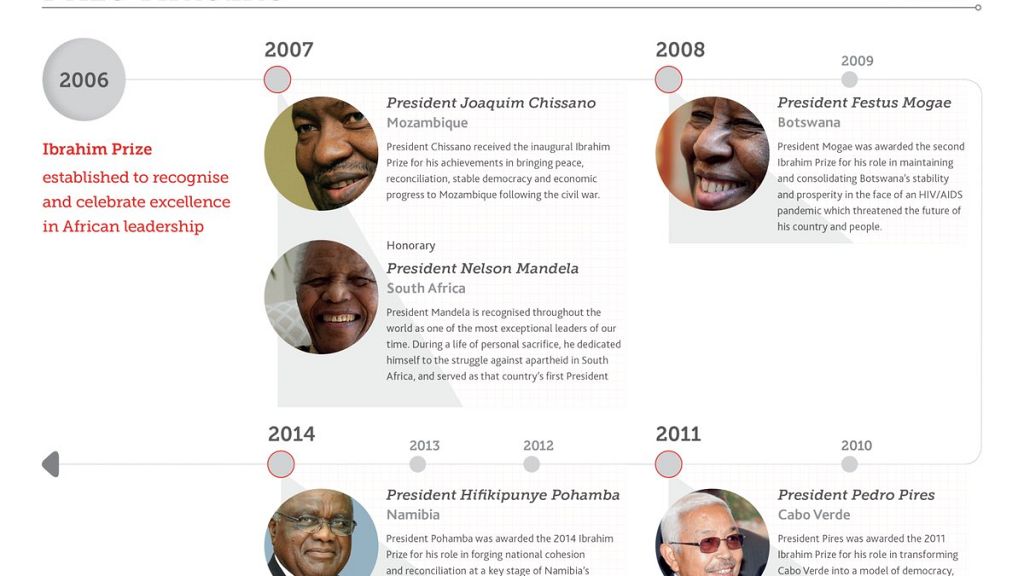




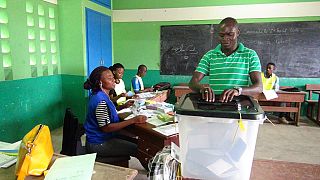
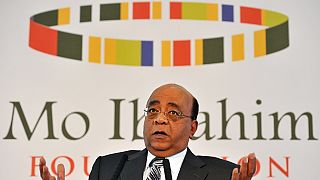
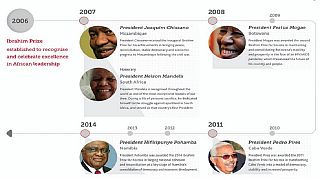

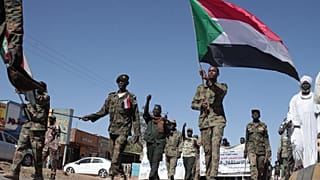
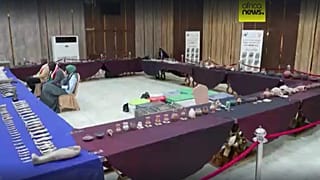
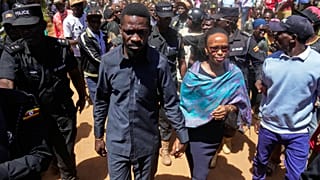
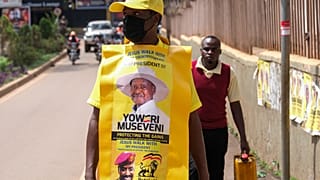
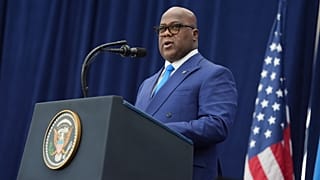
02:00
Uganda election: Bobi Wine and wife cast votes, Wine slams internet shutdown
Go to video
US House passes 3-year AGOA extension but South Africa's inclusion is unclear
Go to video
Sudan: tens of thousands displaced by latest front in civil war
Go to video
Sudan train before facing Senegal in Africa Cup of Nations
01:32
Africa Cup of Nations moves to 4-year cycle
00:54
Spanish police evict hundreds of mostly illegal migrants living in a squat